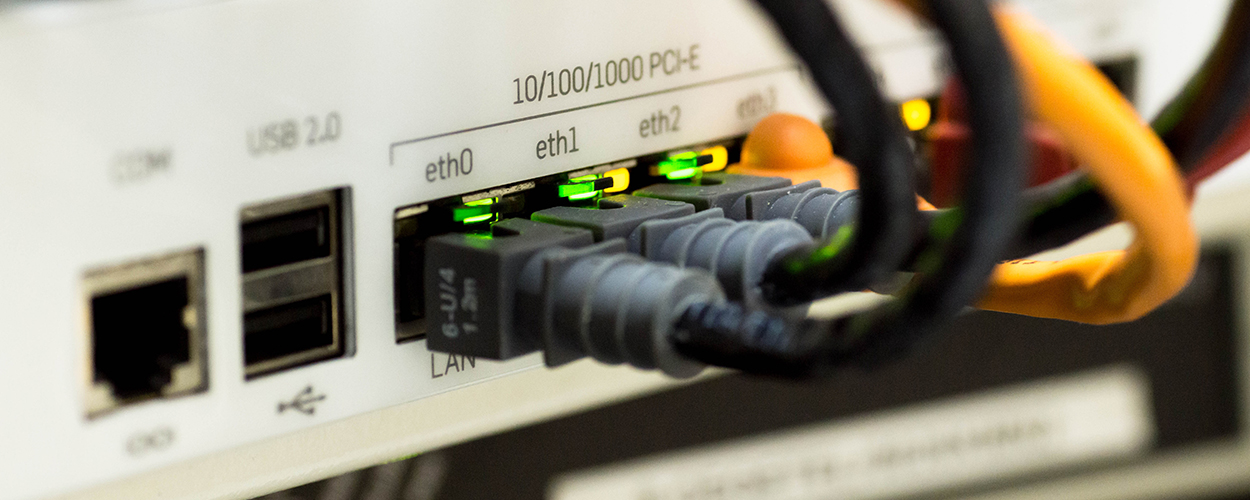This website uses cookies so that we can provide you with the best user experience possible. Cookie information is stored in your browser and performs functions such as recognising you when you return to our website and helping our team to understand which sections of the website you find most interesting and useful.
Business News Digital Labels & Publishers Legal
Following Yandex stand-off, Russian watchdog to launch new anti-piracy database
By Chris Cooke | Published on Monday 5 November 2018

Russia’s internet watchdog Roskomnadzor is establishing a database of copyright infringing webpages and content. It will then encourage net companies in the country to connect to, with a view to them speedily removing links to offending sites from their search engines while also deleting any listed material from their user-upload platforms.
The database is the result of Roskomnadzor-led talks between content owners and internet companies in Russia in recent months. Those talks were seemingly stepped up following a high-profile stand-off with Russian web giant Yandex back in August.
In that stand-off, Russian broadcaster Gazprom-Media secured an injunction that ordered Yandex to remove links to pirated copies of the media company’s content from its search engine. Roskomnadzor itself then ordered the web firm to likewise remove infringing content from its video upload site, threatening to instigate a web-block against Yandex.video if it failed to do so. For a time it looked like that web-block may indeed be instigated.
Yandex ultimately complied with the various demands. New talks then began between Russian media and internet companies resulting in a memorandum of co-operation being signed last week. Yandex is among the signatories, as is another Russian web company that has had run-ins with copyright owners in the past, social network vKontakte.
Roskomnadzor already has a database of copyright infringing websites that have been subject to a formal web-block. Internet service providers are obliged to connect to that database and ensure that they are indeed blocking any blocked sites. That obligation was then extended to search engines last year, which must delist blocked sites, something over which the internet regulator is now heading into a dispute with Google.
The new database will go further than that and should, in theory, make it easier for copyright owners to have unlicensed content removed from search engines and user-upload sites in the country. Doing so will initially be voluntarily on the tech companies’ side, although there are plans to change Russian copyright law to ultimately make it a legal obligation.
Under the scheme, the obligations of participating web firms are considerable. They will have to sync with Roscomnadzor’s infringing content database every five minutes and ensure newly listed material is removed from their search engines and sites within six hours.
The new scheme has parallels with the takedown systems already employed by many Western web platforms in order to enjoy safe harbour protection from copyright liabilities under US and European law. Google has not yet signed up to the new memorandum though already operates a content removal system in Russia as it does elsewhere in the world, albeit in line with what American law says about takedowns.
The Russian system goes much further than those US or European takedown systems, not least with the central database to simplify the process for rights owners. Critics will likely worry that the system could be abused to force non-infringing content off the internet. Roscomnadzor plans to mediate in first instance where disputes arise, with the option to then take said disputes to court. For as long as the whole scheme is voluntary, web firms will also have the ultimate option of withdrawing from the programme.
For Western copyright owners, defending intellectual property rights in Russia can still be tricky, although at the same time the country has evolved its copyright regime considerably in recent years, adopting and expanding measures found in Europe and elsewhere. The boss of Roskomnadzor reckons that these latest anti-piracy measures will make Russia a leader in combatting online infringement.
Roskomnadzor boss Alexander Zharov said, after the signing of the memorandum: “Following considerable work, we have arrived at a historic moment when both content producers and content distributors unite in their efforts to fight against piracy. As a result of this work, the [internet in Russia] will become the cleanest space for piracy in the world”.





